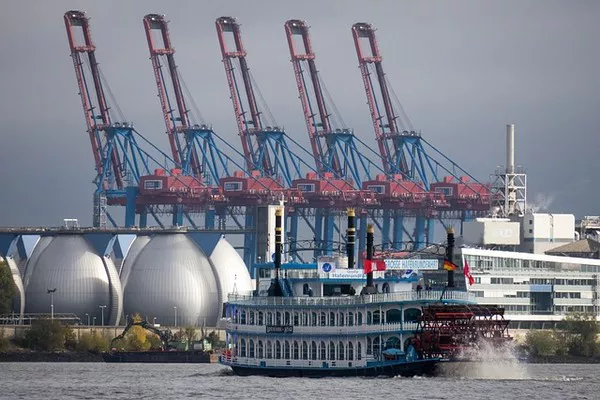Sewage treatment plants play a crucial role in safeguarding the environment and public health by treating and purifying wastewater before its release into natural water bodies. These plants use a combination of physical, biological, and chemical processes to remove pollutants and contaminants from sewage. In this comprehensive guide, we will explore the different types of sewage treatment plants, their functions, and the wastewater treatment methods employed in each type.
Primary Sewage Treatment Plants:
Primary treatment plants are the first stage of sewage treatment and focus on the physical removal of solid particles and debris from wastewater. The primary treatment process involves the use of screens, grit chambers, and sedimentation tanks to separate large solids, grit, and heavy materials from the wastewater. This process significantly reduces the amount of suspended solids and pollutants in the sewage.
Secondary Sewage Treatment Plants:
Secondary treatment plants are designed to further purify the wastewater by breaking down organic matter and pollutants using biological processes. These plants employ microorganisms, such as bacteria and protozoa, to consume and digest organic materials in the sewage. The most common secondary treatment method is the activated sludge process, where the wastewater is mixed with microorganisms in aeration tanks to facilitate the breakdown of organic matter. The treated water is then separated from the activated sludge and undergoes additional clarification before discharge.
Tertiary Sewage Treatment Plants:
Tertiary treatment plants are an advanced stage of sewage treatment that aims to achieve a higher level of purification. This level of treatment is necessary when the treated wastewater needs to meet stringent water quality standards for specific reuse purposes or to protect sensitive water bodies. Tertiary treatment typically involves additional physical, chemical, or biological processes to remove nutrients, pathogens, and trace contaminants from the wastewater. Common tertiary treatment methods include sand filtration, carbon adsorption, and disinfection using ultraviolet (UV) light or chlorine.
Advanced Sewage Treatment Plants:
Advanced sewage treatment plants are designed to go beyond tertiary treatment to address specific challenges or target highly polluted wastewater. These plants often utilize cutting-edge technologies and innovative processes to tackle emerging contaminants and complex pollutants. Advanced treatment methods may include membrane filtration, ozonation, reverse osmosis, and other specialized processes to achieve a high level of water purity suitable for specific applications, such as industrial reuse or potable water production.
Decentralized Sewage Treatment Plants:
Decentralized sewage treatment plants are smaller-scale facilities located closer to the sources of wastewater, such as individual buildings, communities, or remote areas. These plants offer more localized wastewater treatment solutions and are gaining popularity due to their flexibility, cost-effectiveness, and ability to serve areas with limited access to centralized sewage systems. Decentralized treatment technologies include septic tanks, aerobic treatment units, and constructed wetlands, among others.
Conclusion:
Sewage treatment plants are essential components of modern wastewater management systems, ensuring the safe and environmentally responsible disposal of sewage. From primary treatment plants that remove solids to advanced treatment methods that achieve exceptional water quality, each type of sewage treatment plant serves a specific purpose in purifying wastewater. The combination of physical, biological, and chemical processes employed in these plants effectively removes contaminants, making treated water suitable for various reuse applications or safe discharge into natural water bodies. As environmental concerns grow and water resources become increasingly precious, the continued advancement and optimization of sewage treatment technologies will play a vital role in sustainable water management practices worldwide.

